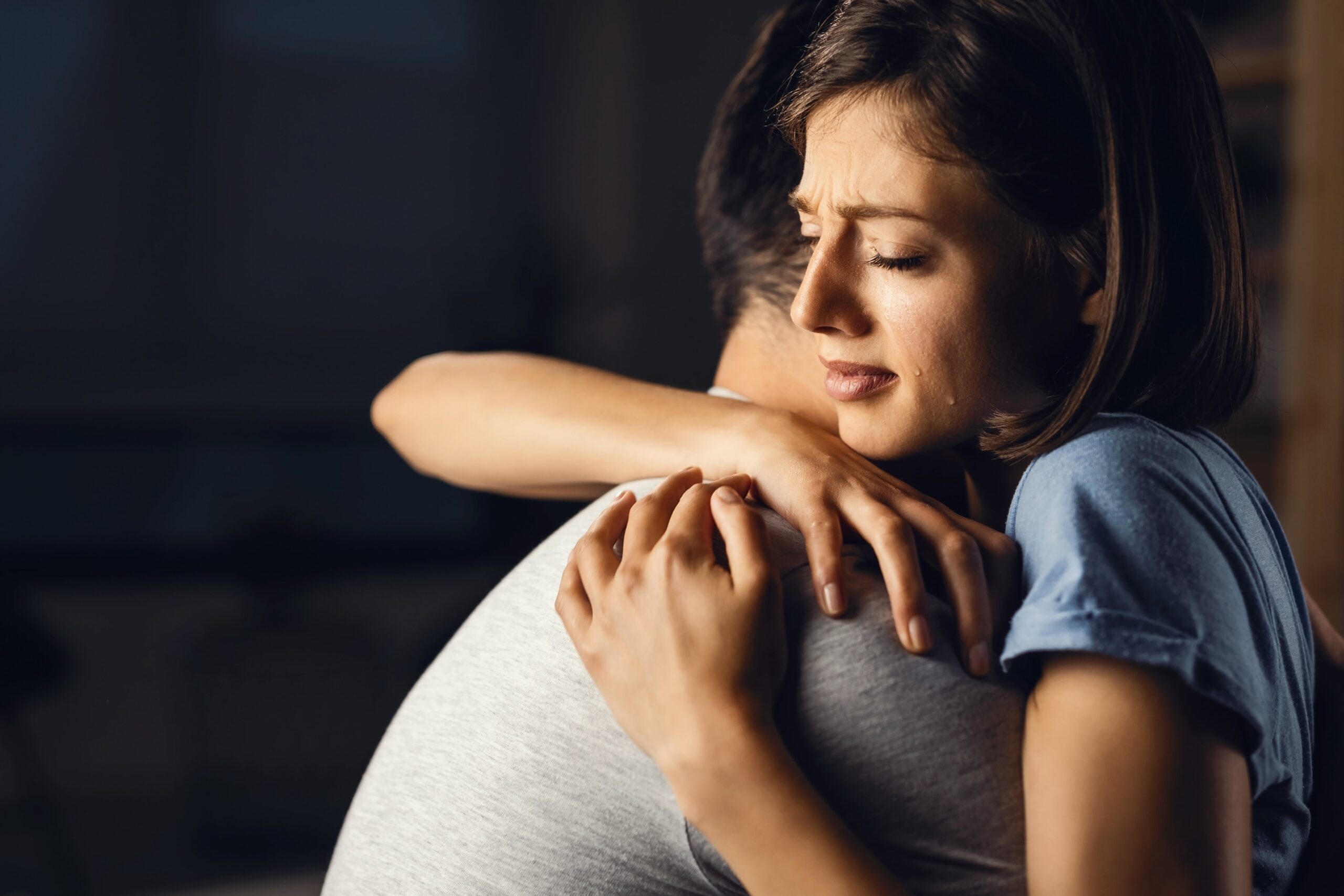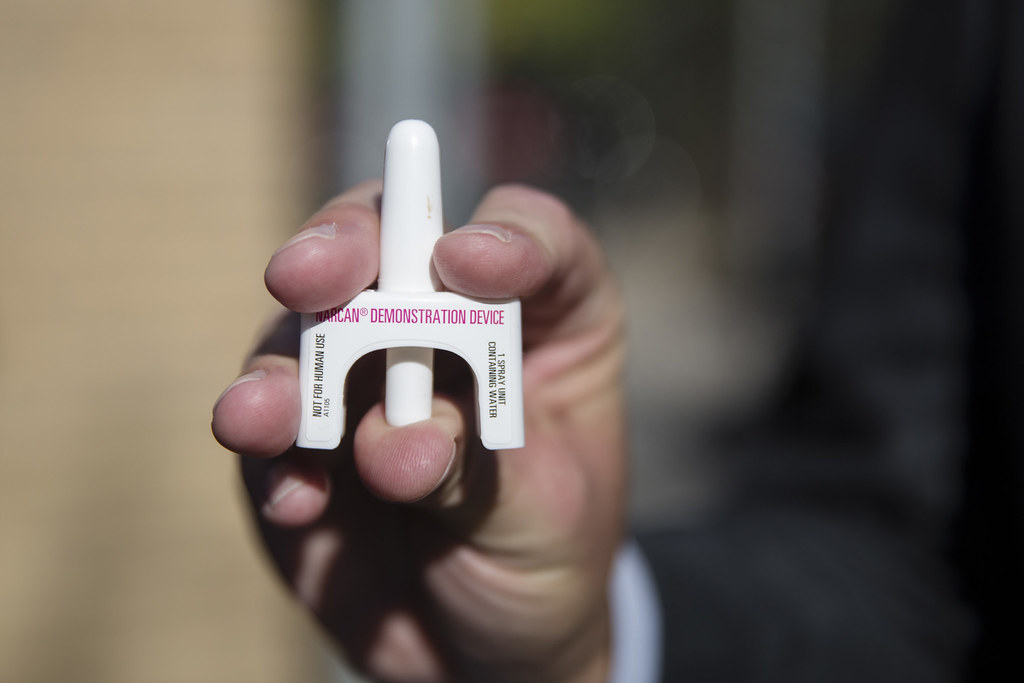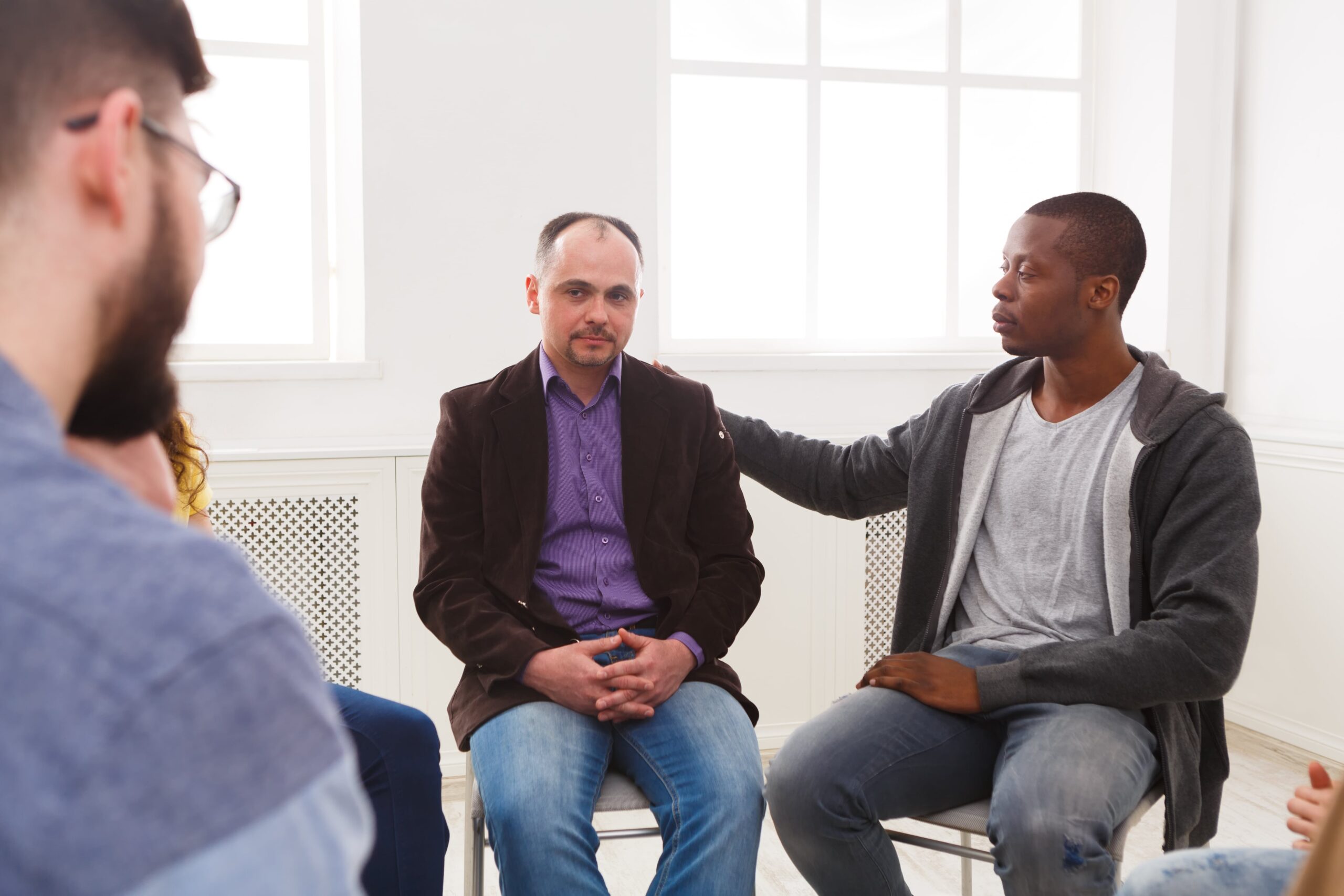Signs of Drug Overdose
FEATURED IN



All too often, people who develop an addiction to drugs believe they can control it. They live under the illusion that they can avoid serious medical harm or even death. Unfortunately, even signs of overdose can be ignored, putting a person at risk of losing their life. It proves important to understand what an overdose looks like and the swift action that must be taken when it happens. Once a person is medically stabilized, they need to look into getting the professional care they need for their substance use disorder.
If you believe you or a loved one is experiencing an overdose, call 911 or get to your local emergency room immediately.
What is a Drug Overdose?
A drug overdose occurs when a person consumes an amount of a drug that is toxic. It can cause physical and mental damage, as well as actually kill them. Drug overdoses can cause disruptions in a person’s body and brain and require immediate medical attention.
A drug overdose can come from the use of a multitude of substances. A 2018 report stated that the ten drugs most often involved in drug overdose deaths include:
- Fentanyl
- Heroin
- Hydrocodone (common brand names include: Vicodin and Lortab)
- Methadone
- Morphine
- Oxycodone (common brand name: Oxycontin)
- Alprazolam (common brand name: Xanax)
- Diazepam (common brand name: Valium)
- Cocaine
- Methamphetamine
In addition to the above narcotics, a person can also overdose on over-the-counter drugs.

Signs and Symptoms of a Drug Overdose
Signs of an overdose vary per person and per drug or substance used. The symptoms can depend on what substance the person took and how much they ingested. As well, if the individual has taken two or more kinds of substances, the signs can be a combination of ones that commonly occur with each type. While specific drugs vary, depressant drugs slow respiratory functioning down and stimulates accelerate them, which are often fatal.
Common signs of an overdose to look for include the following:
Alcohol Overdoses
An alcohol overdose can often be precipitated by breathing trouble, heart issues, and metabolic issues. There are no known antagonists for an alcohol overdose. If a suspected overdose occurs, the body is kept safe until the it metabolizes the alcohol.
Common alcohol overdose symptoms include:
- Low body temperature
- Confusion & disordientation
- labored breathing
- weak pulse
- seizures
- Coma
- Vomiting
Opioid Overdoses
Since the opioid epidemic has raged on in the United States for over a decade, increased accessibility to Narcan, a life-saving opioid antagonist has made itself available for purchase. Narcan contains naloxone, which can reverse the effects of an opioid overdose.
Common signs of an opioid overdose includes:
- Labored breathing
- Weak pulse
- Confusion
- Unconsciousness
- Small pupils
- Vomiting
Benzodiazepine Overdoses
Benzodiazepines are an anti-anxiety medication that include brand names Xanax, Klonopin, and Valium. Benzodiazepine overdoses can occur most likely when combined with other drugs such as alcohol and opioids. Due to the depressant nature of these drugs, benzodiazepine use can amplify the effects of alcohol and opioids, resulting in an overdose.
Common signs of a benzodiazepine overdose includes:
- Confusion
- Hallucinations
- Labored breathing
- Unconsciousness
- Slow coordination
Cocaine Overdoses
Cocaine is a stimulant and overdoses on cocaine can be common. Some overdoses may not be life-threatening however there are others that are and no matter how sever the overdose, medical attention should be sought.
Common signs of a cocaine overdose includes:
- Rapid heart rate
- Sweating
- Confusion
- Cardiac arrest
- High body temperature
- Hallucinations
- Seizures
Crystal Meth Overdoses
Crystal meth is a stimulant and those who overdose on meth can experience hyperactive symptoms.
Common signs of a crystal meth overdose includes:
- Seizures
- Tremors
- Sweating
- Hallucinations
- Chest pain
- Vomitting
- Rapid heart rate
- Coma
What To Do If You Suspect an Overdose
If you experience signs of overdose or witness someone who has overdosed, time becomes important immediately. The sooner the person receives medical care, the less likely they are to experience long-term damage or risk dying. The first step should be to call 911 or transport the person to an emergency room. If the person has lost consciousness, performing cardiopulmonary resuscitation (CPR) and administering Narcan can make a difference and save a life.
When speaking to medical personnel, the individual should be honest about what drugs were taken. This includes if the person who may have overdosed is able to communicate or if someone with them is speaking for them.
Some people may avoid calling for help because they fear being arrested. The majority of the states have enacted Good Samaritan laws that generally provide “immunity from arrest, charge, or prosecution for certain controlled substance possession and paraphernalia offenses when a person who is either experiencing an opiate-related overdose or observing one calls 911 for assistance or seeks medical attention.” Many states also provide immunity for individuals who could be held responsible for violations of pretrial, probation, parole conditions, and other circumstances.
Where Can I Get Narcan?
Narcan is widely available now more than ever. The following are resources on how to obtain Narcan or naloxone.
- Narcan.com - Narcan.com has a step-by-step guide on how to obtain Narcan including how to administer it.
- CVS - All major pharmacy chains including CVS offer Narcan nasal spray without a prescription. CVS offers a step by step guide to getting in within 30 states.
- Walgreens - Walgreens also offers nasal spray with no Rx required. On Walgreen's site, you can search for a pharmacy near you that has it.
- Naloxone Exchange - Naloxone exchange is a delivery service that will mail Narcan to your address.
- Good RX - GoodRX offers discounts for prescriptions and is a service to find Narcan near you.

How Does Drug Overdose Happen?
While an overdose of drugs can happen to anyone using them, some situations can contribute to an elevated chance of it happening. Common contributing factors to a drug overdose include the following:
Increasing the Dosage Amount After Cutting Back
Someone who has been abusing substances but cut back their typical dosage can also be at risk of an overdose. This is because they may have developed a lower tolerance to the drug. Not realizing this, if they resume taking their usual amount, their body may not be able to tolerate it.
Unknown Ingredients
Illegal drugs are produced anonymously and most people do not have a way of knowing exactly what is in the ones they use. Many dealers add potentially dangerous ingredients to the drugs they produce. This can include household cleansers and even other kinds of drugs. Someone might be ingesting a drug like crack or heroin without even knowing it. Due to the lack of FDA regulation that comes with prescription drugs, illegal drugs put people at an elevated risk of overdose. Even a purchase made from a dealer or other source previously that felt “safe” may be made with different ingredients the next time.
Using Multiple Substances
Often, people use two or more kinds of substances in the same short amount of time. For example, they might use cocaine and alcohol or take prescription medication along with an opioid drug such as heroin. Doing so increases their chance of overdosing. This happens for two reasons. First, they increase the risk of experiencing an overdose because multiple substances are being used. Alternatively, the signs of overdose may be harder to identify when using more than one substance.
Using Drugs While Alone
While experiencing an overdose while in the company of others proves risky, it can be even more dangerous when a person is alone. They may not be able to recognize signs that they have overdosed that other people would notice. Also, they may become too incapacitated to reach out for medical help. This can range from not being cognizant enough to make a phone call or look for help to losing consciousness.
Poor Medical Health
Someone who has poor physical health can be at a higher risk of overdosing on drugs. For example, someone with cardiac health risks may have a stronger chance of experiencing a heart attack. Along with that, someone who takes prescription drugs under the care of a doctor to address health concerns may be at an increased risk. The individual may not be aware that mixing their prescribed drugs with other substances can cause an overdose to become more likely to occur.
How Is Drug Addiction Treated?
Substance use disorders require focused, effective care from trained medical and therapeutic experts. Treatment begins with going through detox, which allows the body to release the toxins built up during addiction. Detox lasts on average from five to ten days. The next step involves receiving treatment designed to help the person understand why they became addicted. This helps them learn how to deal with life by developing healthy coping skills. Doing so greatly reduces the risk of relapsing.
Some people attend residential treatment and live in a facility for 30 to 90 days, on average. Another option is outpatient drug treatment. This takes place during the day and permits a person the ability to still live at home while getting the important care they need.
Many people find that staying in a sober living home fits their needs best. This allows them to live among other people in recovery who share similar goals of enjoying a sober life. Sober living homes can be gender-specific, including options for homes for men only or women only. As well, some sober living homes are pet-friendly, allowing people to take their pets with them while they heal.
Sober living homes offer access to vital treatment modalities and therapies proven to help people in recovery from substance use disorders. They can be particularly helpful for someone who has completed residential care but does not yet have a healthy, supportive home environment waiting for them.

